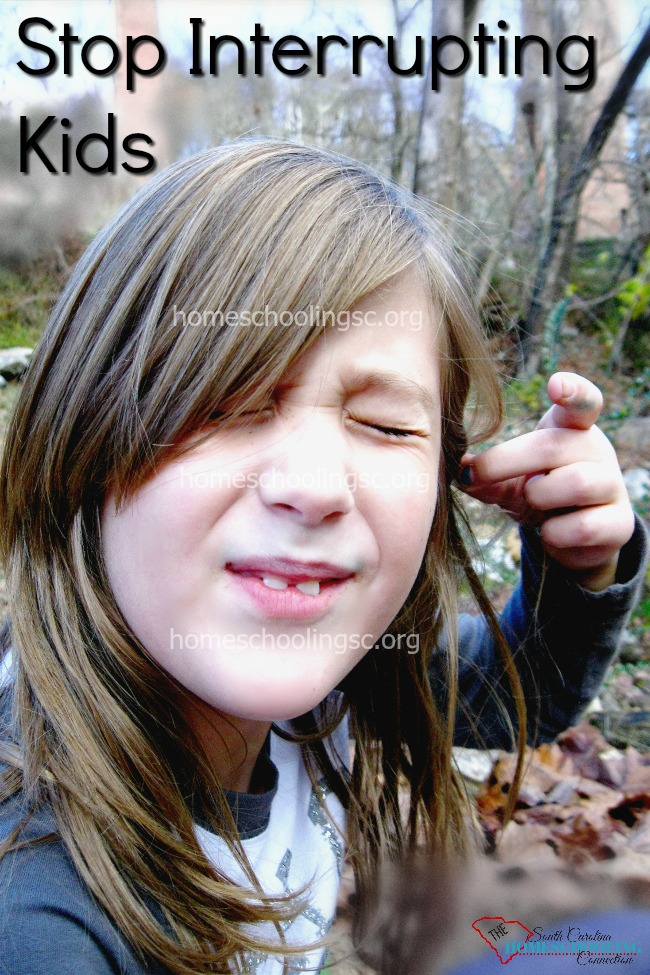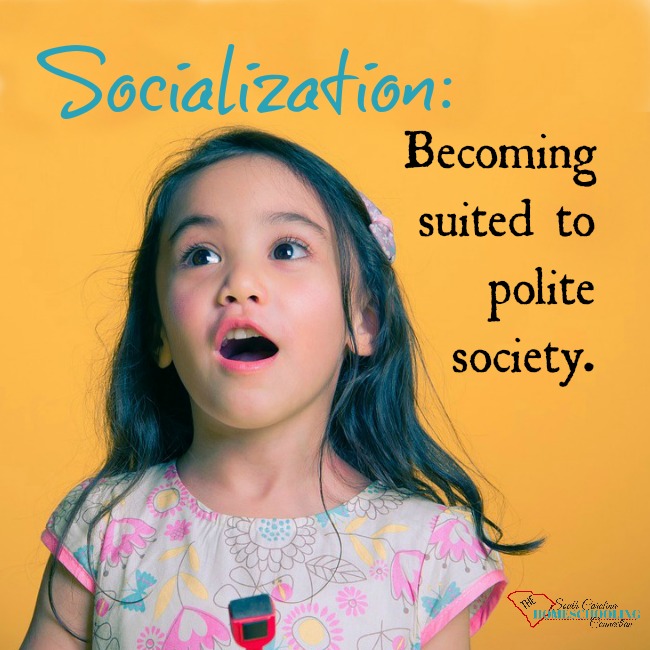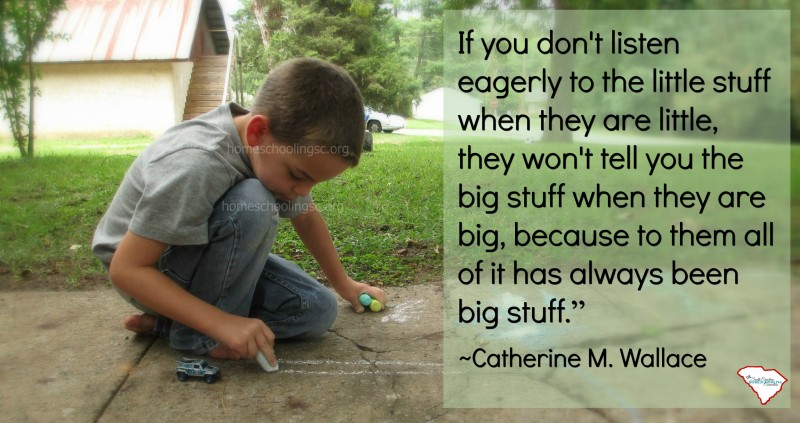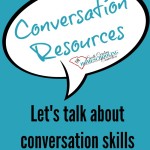Yesterday I googled the phrase “stop interrupting kids“. The results were ALL about how to get children to stop interrupting.
Then I searched specifically for “how to get adults to stop interrupting kids.” Still nothing! So I simplified it to: “adults interrupting kids.” Yet all the results had the scenario reversed. They were about how to stop children from interrupting adults.
This post may contain affiliate links. Any purchases thru my links will pay me a small commission.
We taught our daughter, early on, that it was rude to talk over people or to interrupt during a conversation. So when she was little and someone would interrupt her, she would say, “You’re rufting me.” We thought that was so stinking cute that we still use that phrase today.
The polite thing to do is wait. Wait for a pause in the conversation.
Most people generally know this, yet refuse to practice it when a child is talking.
Why is that?
“Children are to be seen and not heard.” Really?
Do most adults still view children and the things they have to say as less important? I think sometimes they do. Whether it happens intentionally or not, it is something we should be aware of. It’s not difficult for adults having a conversation to pause, just a moment, for an excited “Mommy, Look at this!” or “See what I found?”. It doesn’t usually take much time and we are much better at keeping our train of thought than a child.
One of my friends developed an “interrupting rule” to help her kids learn about waiting for a pause in the conversation. Her kids would put a hand on her arm or shoulder…and wait. Then, when there was a pause in the conversation, she would turn to them and find out what they wanted to say.
When kids get older, they want to take part in the adult conversations going on around them. (It’s part of what homeschoolers call socialization.) Sitting around with a group of people, chatting about this and that is socializing. Like adults, they get an idea or remember something they want to share with the group. So they wait for a pause and began speaking.
Then suddenly another adult starts talking over them as if they weren’t even there.
We all know that feeling. It’s frustrating! Even more so to a child, I think it is discouraging. They get discouraged from trying to take part or contribute in conversations where adults or older teens are talking. That is the total opposite of what I want my kids to learn!
I developed a wink signal with my kids whenever an adult interrupted them. That way, they would know that I recognized what happened. At the appropriate pause, I can direct the conversation back to let the child speak again. It just takes one adult willing to say, “What were you saying, kiddo?” The other adults let them speak then.
Of course, there are also times when it is adults-only conversations. Some kids naturally sense these situations or are bored by it. They wander away on their own. But, others might need a little signal or quick whisper in their ear that this is boring, just for adults…and it’s time to skeddaddle and play.
We can set good examples for our children by listening to them. Allow them to participate in our conversations and give them chances to express themselves. Let’s remember to stop interrupting kids! You may be surprised at what they have to say.
I think we’re missing out if we’re always “rufting” them.

Conversation Resources




 Parental Rights in Homeschooling
Parental Rights in Homeschooling Child Advocacy Summit at Harvard
Child Advocacy Summit at Harvard Shining the Spotlight on 3rd Option
Shining the Spotlight on 3rd Option




I am so in live with this. Thank you so much for being the person to put it out there . I get so frustrated with adults who interrupt kids like that. I willvoften say, “Just a moment, so-and-so was saying something,” just to call them on their rude behavior. Besides all your valid points, it sets a bad example. Sharing this wherever I can.
Thanks ktbrison.
I feel the same!